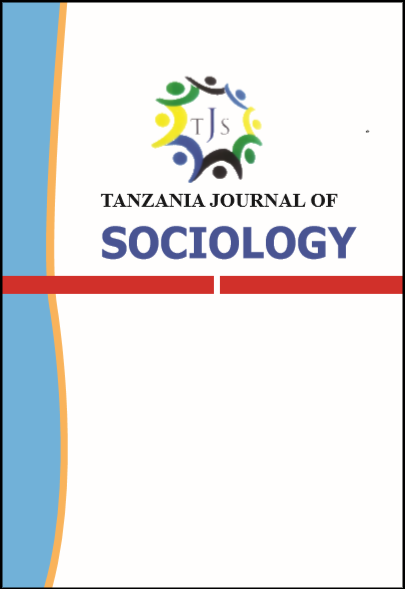Main Article Content
Decline of Trade Union Collective Action in the Epoch of Neo-Liberal Globalization: The Experience of Tanzania Teachers’ Union
Abstract
Trade unions (T Us) in Tanganyika (later Tanzania) were relatively vibrant during the colonial period despite the ruthlessness of the colonial government. However, such vibrancy declined after independence despite the re—introduction of pluralist politics in the 1990s, which was expected to open more space for civil society organisations. Basing on Tanzania Teachers’ Union (T T U), this paper seeks to shed light on the factors for the decline of T Us’ collective action in the country. It explores the main benchmarks of the T T U evolution. Further, this paper analyses the factors that contributed to the decline of the trade union ’s collective action in Tanzania. Moreover, the paper recommends how T T Us can reform
and act strategically. This paper is informed and guided by the Gramscian hegemony and counter—hegemony discourses. The study,
adopted qualitative methods of data collection/generation
particularly interviews, focus group discussion and documentary
review. The study has shown that T T U lower—level organisations
lack autonomy from the employer, thus unable to eflectively mobilise
members for collective action. Yet, the existing labour regimes derail
T Us ’ activism. The study recommends that T Us, including T T U, need to strive for labour law reforms, which among other things, will allow for their independent organisations and autonomy from
government bureaucracy.






